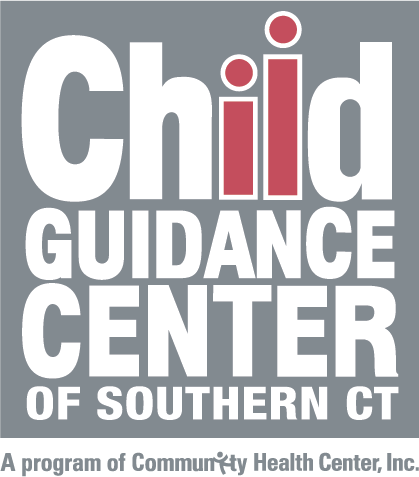By: Jessica Welt, PsyD and Larry Feldman, LCSW
Did you know that in 2015, 27% of Connecticut high school students felt sad or hopeless almost everyday for two weeks? Or that 13% seriously considered attempting suicide? Or that 10% attempted suicide at least once? With suicide being the third leading cause of death for youth ages 10 to 24, it’s obvious we have an epidemic on our hands.
September is Suicide Prevention Awareness Month. It’s crucial that our communities unite to increase awareness and prevent suicides. The most important step to prevention is knowing what signs to look for in children and teens who may be contemplating taking their own lives. Those warning signs include: communicating about suicide verbally, in writing, or through artwork; seeming extremely depressed or restless; talking about feeling hopeless; withdrawing from friends, school or family; or suddenly or increasingly engaging in dangerous risk-taking behavior.
Step two of suicide prevention is taking action. If you notice a friend or family member displaying any suicidal behaviors, do something about it. Ask directly, “Are you thinking about killing yourself?” Actively listen to their response without judgment, and try to remove anything they can use to harm themselves.
Step three is to call Connecticut’s 2-1-1 Crisis Hotline. By dialing 2-1-1 you can reach the Child Guidance Center of Southern Connecticut’s (CGC) Emergency Mobile Psychiatric Services (EMPS) team. CGC’s crisis clinicians are available seven days a week (even during holidays and inclement weather) to help a child or teen in crisis. EMPS clinicians will provide support over the phone or go directly to a home, school, or other community location to stabilize a crisis. There is absolutely no cost to using CGC’s EMPS program. Immediate access to mental health and crisis intervention services can save a child’s life.
During Suicide Prevention Awareness Month, we ask that you actively participate in spreading information about suicidal behaviors, the prevalence of suicide in our youth, and steps we can take to save lives.
For more information about warning signs, visit https://www.bethe1to.com/warningsigns/.
If you would like to receive suicide prevention training or would like more information about CGC’s EMPS team, call (203) 324-6127.
Jessica Welt, PsyD is the Clinical Director of Child Guidance Center of Southern Connecticut.
Larry Feldman, LCSW is the Crisis Program Director of Child Guidance Center of Southern Connecticut.
